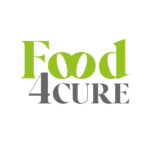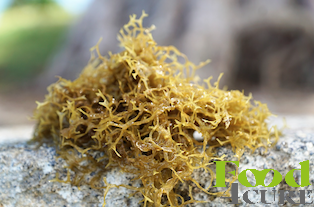Algae are an essential component of aquatic ecosystems, with the remarkable ability to synthesize and store vitamin D, specifically in the form of vitamin D2 (ergocalciferol). This makes algae a fascinating option for vegetarians, vegans, and those looking to increase their dietary vitamin D intake without relying on animal-based sources.
🌾 Algae Variety: A variety of algae, such as certain species of chlorella and lichen (a symbiotic association between fungi and algae), have been studied for their vitamin D content. Algal vitamin D2 is structurally similar to the vitamin D3 produced by animals, although the bioavailability and effectiveness may differ.
🔬 Scientific Exploration: Researchers have explored the feasibility of algae as a vitamin D source. A study investigated the ability of lichen to produce vitamin D2 when exposed to UV radiation. The results demonstrated that UV-irradiated lichen can indeed synthesize and accumulate vitamin D2, providing an intriguing avenue for plant-based vitamin D supplementation.
🌱 Chlorella Potential: Moreover, Chlorella pyrenoidosa, a freshwater green microalga, has also shown potential as a vitamin D2 source. A study investigated the use of UV-treated Chlorella pyrenoidosa to enhance its vitamin D2 content. The findings suggested that this microalga can serve as a functional food ingredient enriched with vitamin D2.
💡 Nutritional Strategy: While algae offers a promising plant-based source of vitamin D2, it’s important to acknowledge that its efficacy in raising vitamin D levels in the human body may vary when compared to animal-derived vitamin D3. As a result, further research is needed to determine the optimal utilization of algae-derived vitamin D for human nutrition.
🍽️ Dietary Inclusion: Incorporating vitamin D-rich algae into your diet is a smart valuable strategy.
References:
🔗 Valcheva, R., Toshkova, R., Krumova, E., Georgieva, K., & Todorova, R. (2005). In vivo biosynthesis of vitamin D2 in lichen and its activity as a D2 source in food. International Journal of Food Science & Technology, 40(5), 493-500.
🔗 Gião, M. S., Fonseca, S. C., Fidalgo, L. G., Pintado, M. E., Malcata, F. X., & Amaral, A. L. (2017). Effect of UV-C radiation on the production of vitamin D2 in sliced Shiitake mushroom (Lentinula edodes) and Chlorella pyrenoidosa. Food Chemistry, 214, 130-139. 🌱



Leave a Reply